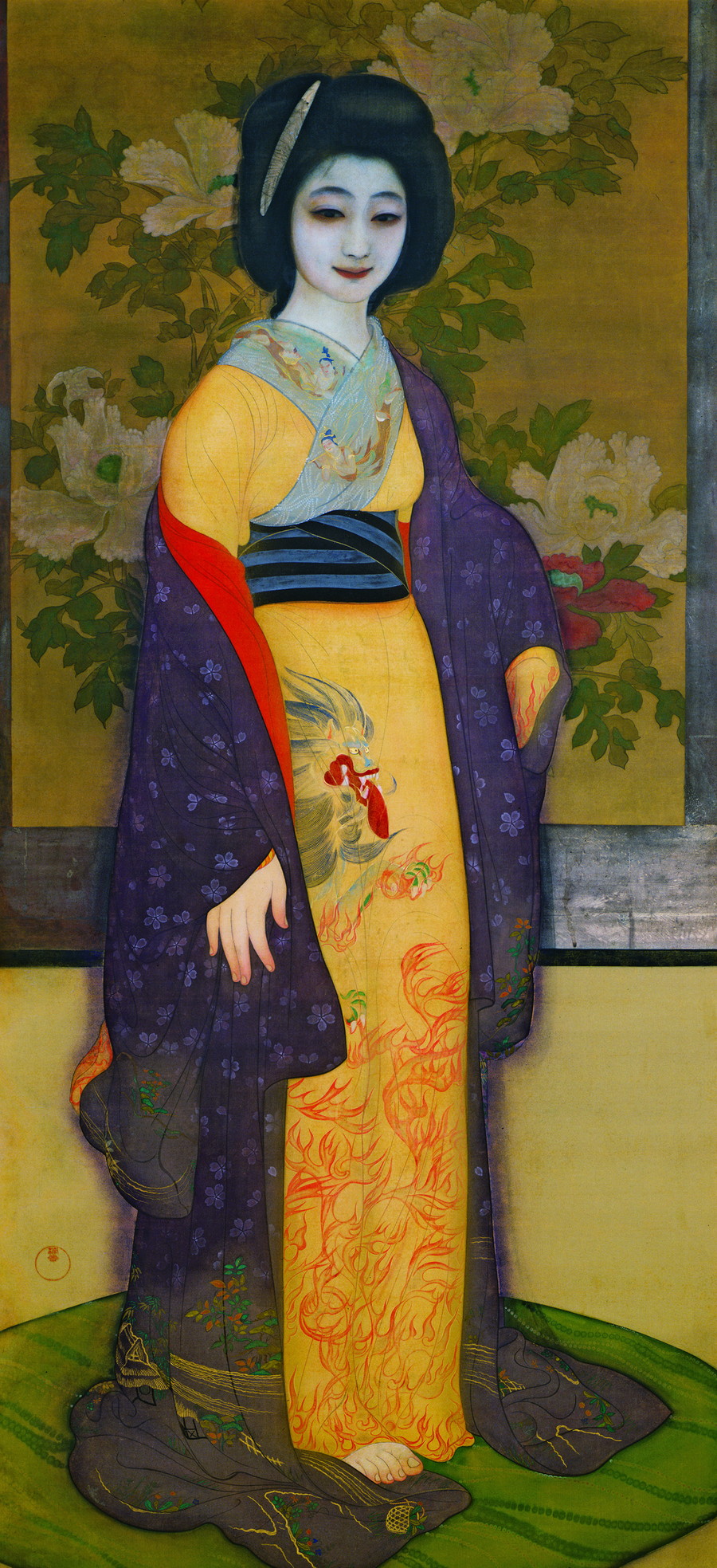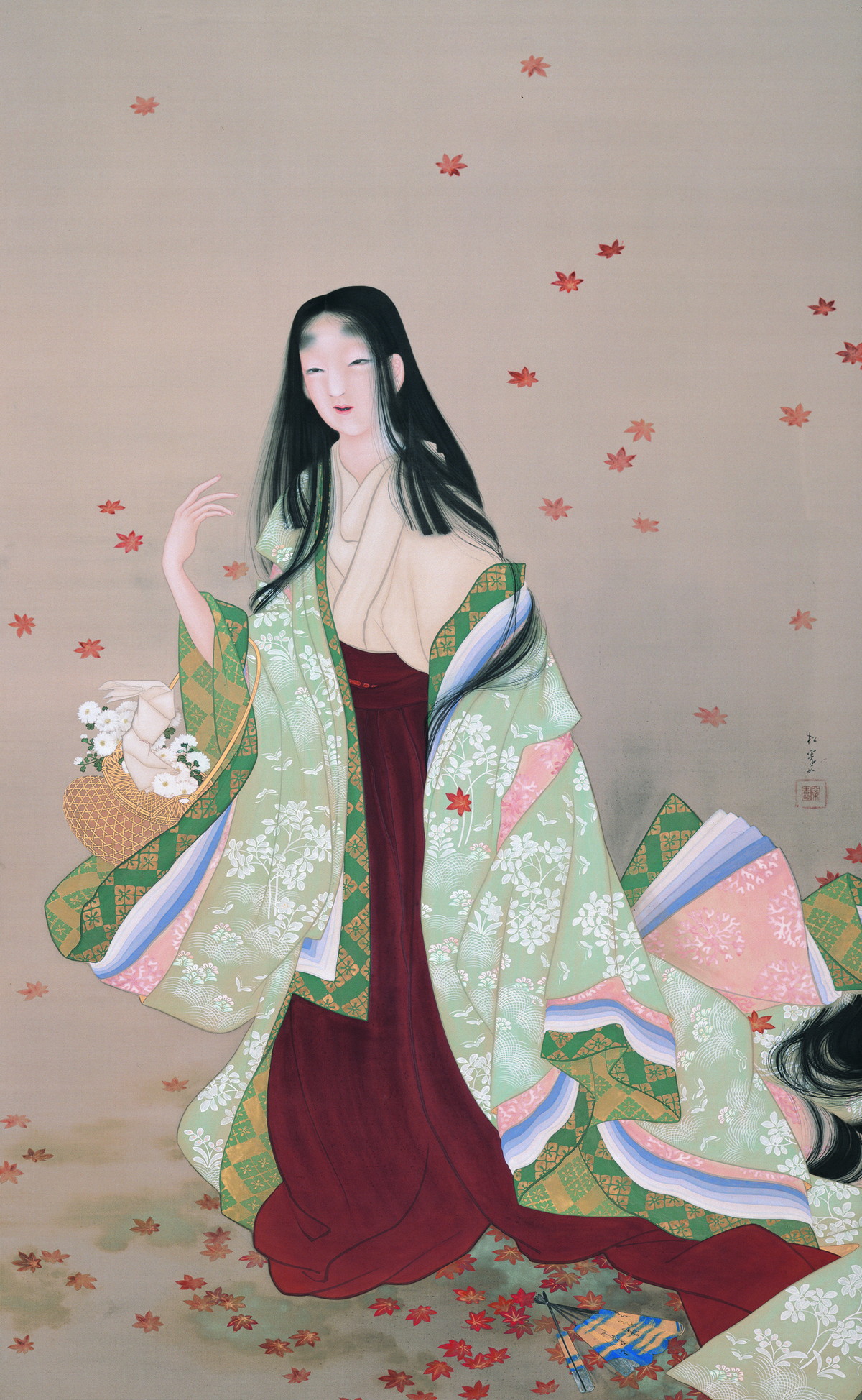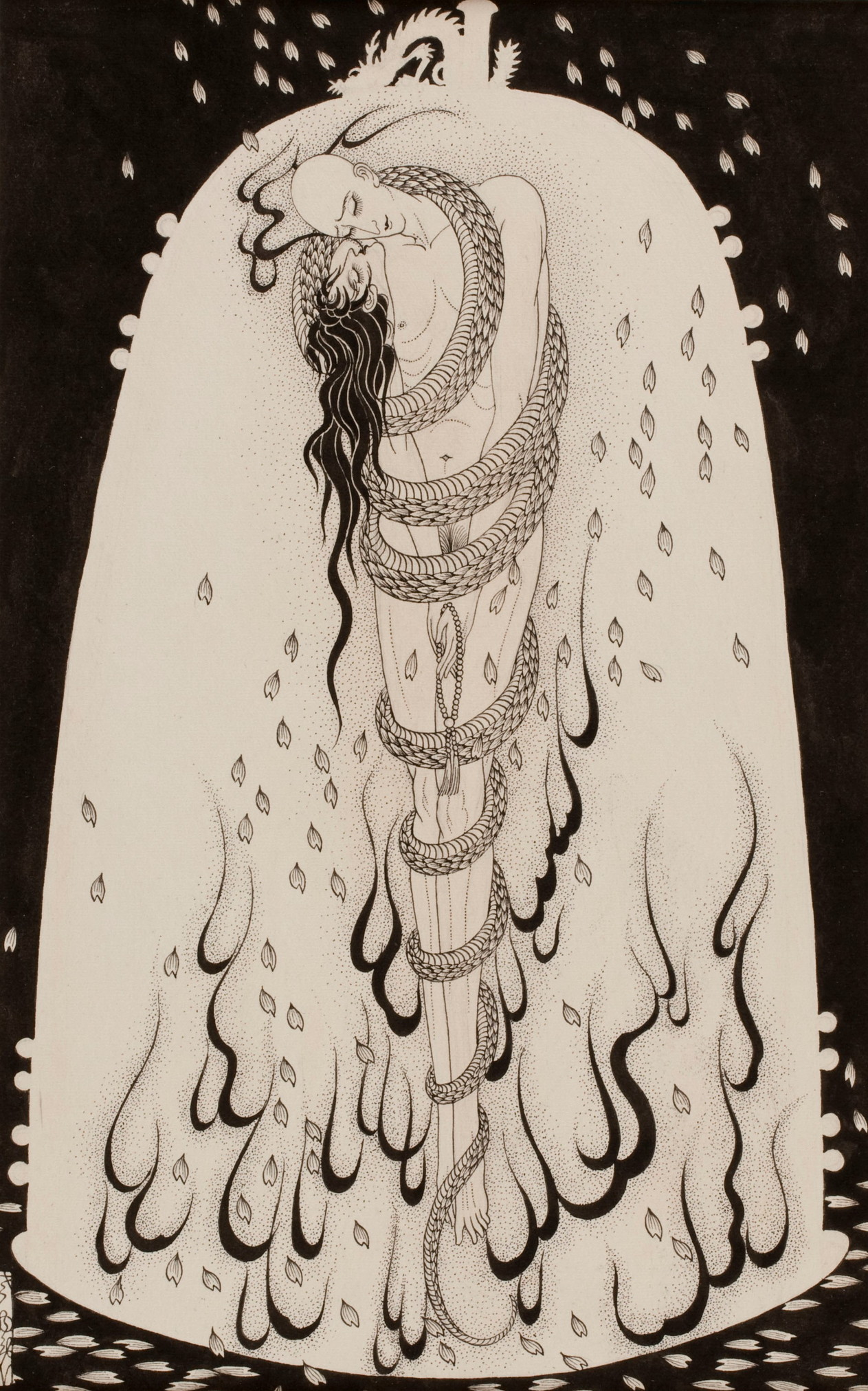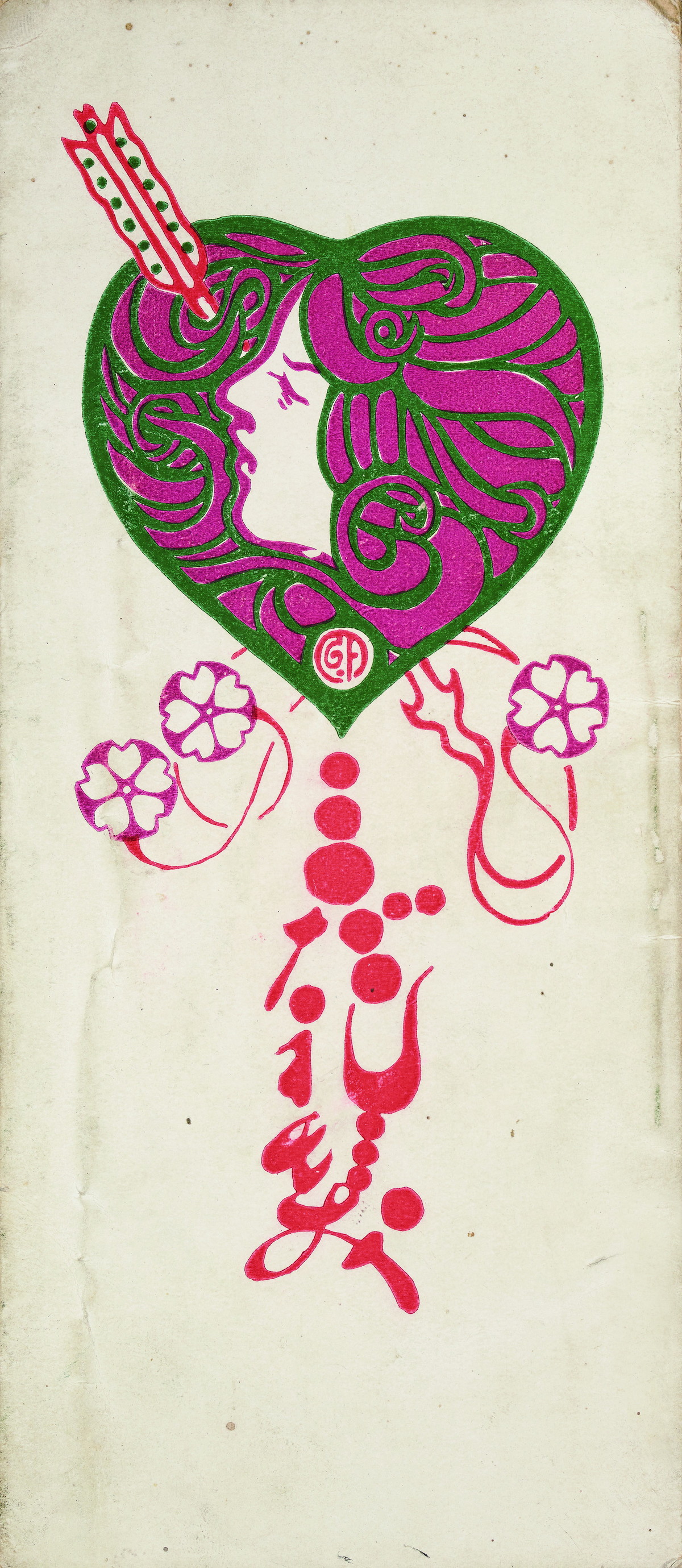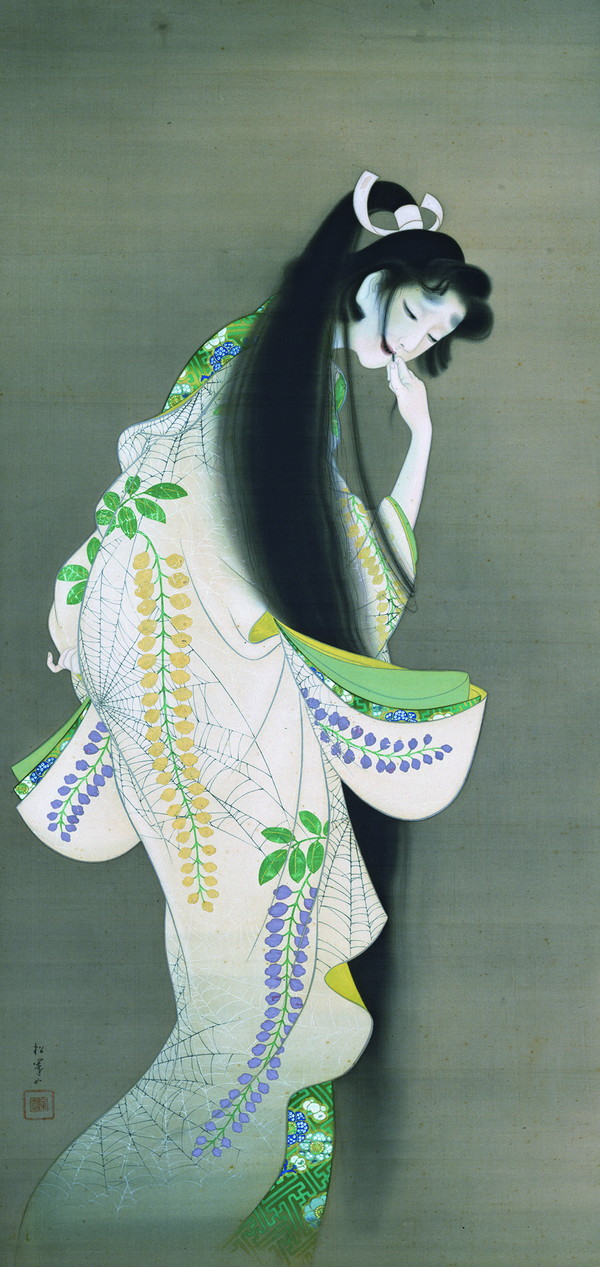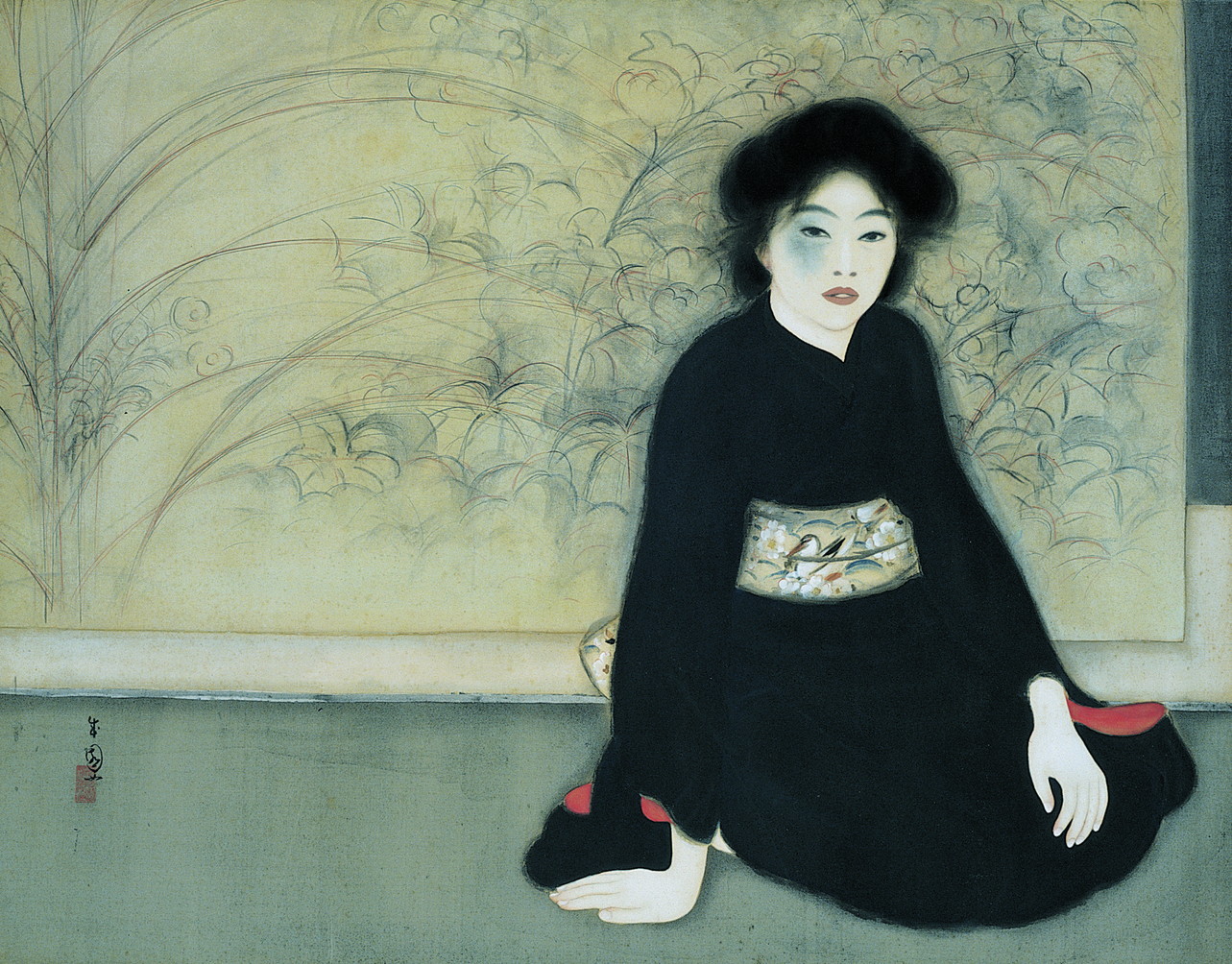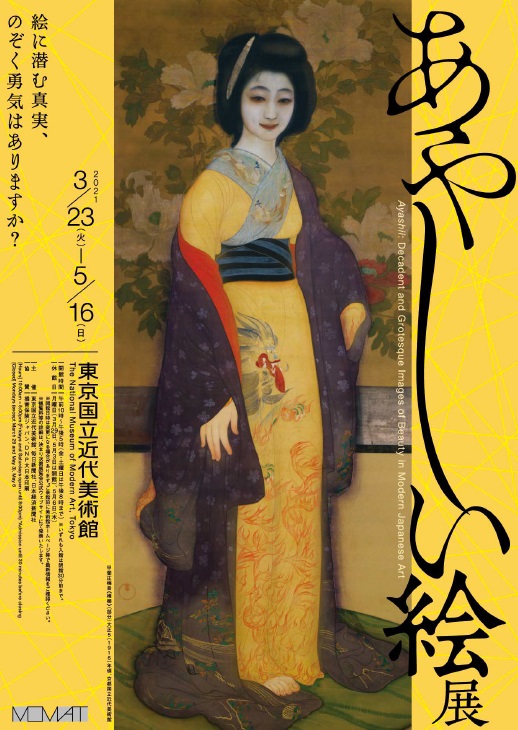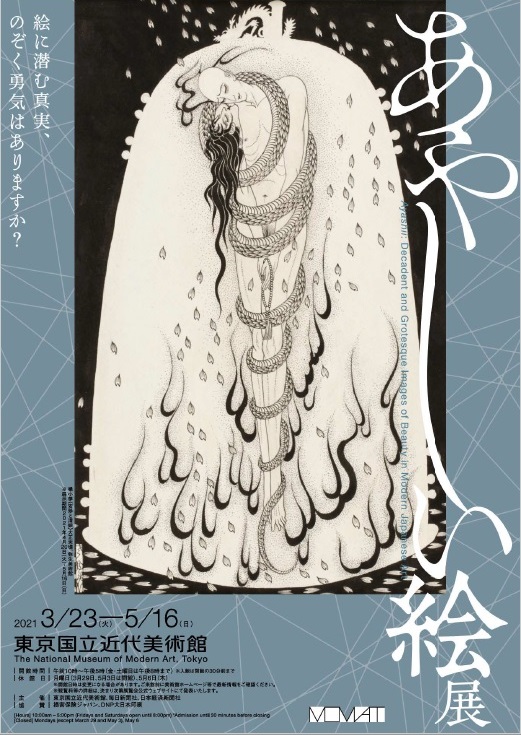Iidabashi・Kudan・Ichigaya・Kitanomaru Event Ayashii: Decadent and Grotesque Images of Beauty in Modern Japanese Art 【Finished】
【Finished.】
INFORMATION
| Date/Time | Tuesday, March 23 to Sunday, May 16, 2021 9:30 am - 5:00 pm (Fridays and Saturdays open until 8:00 pm) *Last admission: 30 minutes before closing. |
|---|---|
| Closed | Mondays (except March 29 and May 3) and May 6 |
| Venue | 1F Special Exhibition Gallery (3-1 Kitanomarukoen, Chiyoda-ku, Tokyo) |
| Access | ・3-minute walk from Subway "Takebashi Sta." Exit 1b ・15-minute walk from Subway "Kudanshita Sta." Exit 4 ・15-minute walk from Subway "Jimbocho Sta." Exit 1A |
| Ticket/Admission | Adults: 1,800 yen College/University students: 1,200 yen High School students: 700 yen *Admission is free for Junior High School students, under 15, and those with Disability Certificates and one caregiver accompanying each of them. *For further details and online purchase, please visit the website. *Tickets are valid only on the specific date. Available online or at the door. *Including the admission fee for MOMAT Collection and Hallucinating Lenses *There will be a partial change of exhibition during the exhibition period (1st half: March 23 to April 18, 2nd half: April 20 to May 16) |
| Organizers | The National Museum of Modern Art, Tokyo The Mainichi Newspapers Co., Ltd. Nikkei Inc. |
| Contact | Phone: 050-5541-8600 (Hello Dial) |
| Website | "Ayashii-e" exhibit Official Website (Japanese only) https://ayashiie2021.jp/ The National Museum of Modern Art, Tokyo https://www.momat.go.jp/english/ |
Ayashii-e exhibit
Decadent and Grotesque Images of Beauty in Modern Japanese Art
In Meiji period (1868-1912), inspired by the Western counterpart, Japanese art adapted itself to the new era. This exhibition illustrates the expressions other than "simply beauty," such as decadence, sensuousness, grotesqueness, and eroticism on paintings, prints, and illustrations from magazine, and books produced in the period from the mid-19th century until around 1930. At the venue, pictorial clues are provided to help you understand the stories depicted and the origins of the works.
With the new era, the new trend of respect for individuality and freedom, has changed the sense of values of the Japanese people dramatically. The desires lurking in the depths of the human heart became more naked and were expressed in various forms, both beautiful and ugly. Fanciful creatures such as mermaids appeared in fables, and illustrations of stories showed the presence of a bewitching atmosphere.
While popular paintings of beautiful women were becoming more common, there were works that were different from those that were "simple beauty" in that they showed the rawness of flesh and the fierce emotions that turned into madness. At the same time, there is also a sense of beauty, reflecting the artist's awareness to capture the pure emotions of the characters in detail.


